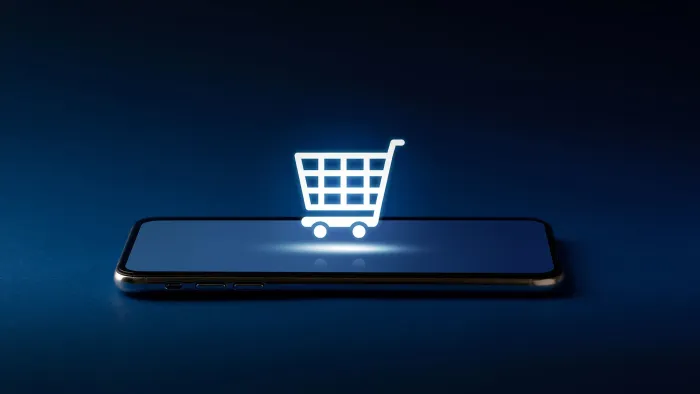
.
Image: alice_photo/Adobe Stock
ChatGPT wants to be your personal shopper.
PayPal announced Tuesday that its digital payment system will be integrated into ChatGPT, inviting anyone who uses it to shop directly from the chatbot. Starting next year, ChatGPT users will be able to check out with a click through a PayPal account and connect directly with the tens of millions of sellers who rely on PayPal’s payments system.
“By partnering with OpenAI and adopting the Agentic Commerce Protocol, PayPal will power payments and commerce experiences that help people go from chat to checkout in just a few taps for our joint customer bases,” PayPal CEO Alex Chriss said in a press release. PayPal’s shares rose on the news, which was announced on the same day as the company’s quarterly earnings report.
PayPal is all in on an AI-focused future of online retail. Beyond the new ChatGPT plans, the company is “collaborating to create new AI shopping experiences” with Google and partnering on free premium trials with AI search engine Perplexity.
Chriss said on Tuesday’s earnings call that the company was better positioned than it was two years ago. “With differentiated competitive advantages, clear strategic direction, and building execution momentum, we believe we are exceptionally well placed to win into the future.”
PayPal is the latest partner to join OpenAI’s e-commerce vision, but it isn’t the first. In September, ChatGPT’s parent company revealed that it would integrate Shopify and Etsy directly in what it described as “first steps toward agentic commerce” through an instant checkout platform built with Stripe. “ChatGPT doesn’t just help you find what to buy, it also helps you buy it,” OpenAI wrote in a blog post on the announcement.
The Etsy integration is already live, surfacing U.S. Etsy sellers directly in response to prompts in chat, such as “Find me blue and white teacups under $50.” The Shopify partnership will bring major retailers into the mix, with products from brands like Glossier, Skims, and Vuori woven into the chat. Earlier this month, it struck a similar deal with Walmart.
For OpenAI, aggressively gobbling up the market with ChatGPT has been the name of the game, not monetization. The “build first, profit later” method—a Silicon Valley special—has gone swimmingly for the AI company so far, and it boasts more than 700 million weekly active users. OpenAI shot out of the gate with a buzzy free product, collecting loyal customers and funneling power users toward tiered premium subscriptions, though it actually loses money on some of those paid plans.
For OpenAI, e-commerce is a logical next step for revenue. It’s also a direction that opens the door wide for advertising, which the company was once staunchly against but seems to be gravitating toward with recent hiring and its new corporate structure that was finalized this week.
On the consumer side, the plunge into AI-powered shopping is poised to steer people away from Google as a first port of call and toward tailored results shaped by AI queries. That behavior shift is just one more way that AI continues to creep into every aspect of digital life, reshaping every interaction—and transaction—we make in the process.
ABOUT THE AUTHOR
Taylor Hatmaker is a writer and photographer based on the West Coast. She was previously a Senior Editor at TechCrunch, where she specialized in social media, gaming and online culture.
FAST COMPANY
